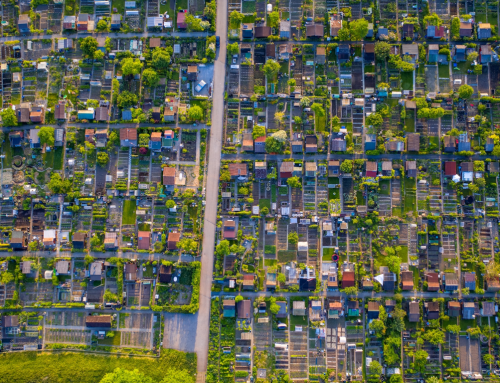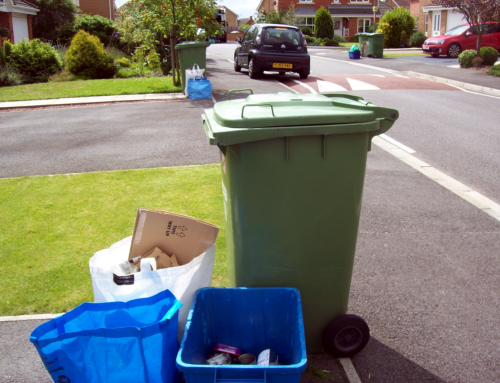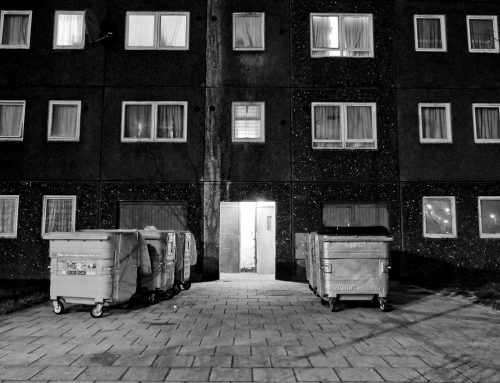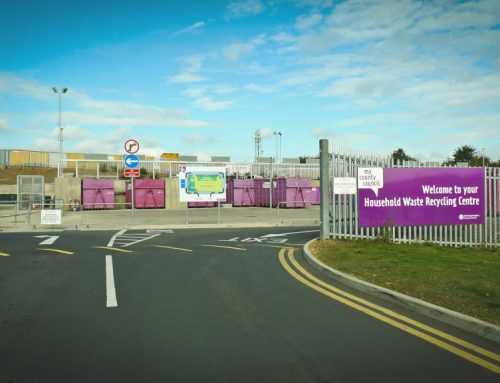by Phillip Ward
3 minute read
In the run up to Christmas, amidst the familiar seasonal fare about festive waste, there was a little-noticed article in the Telegraph about packaging – but there were two quite remarkable things about it.
One was that the Minister leading the charge was not Caroline Spellman or Lord Taylor, who are supposed to be in charge of waste – but Grant Shapps, Eric Pickles’ junior local government minister. The second was that the story had been briefed to the Telegraph’s political correspondent rather than one dealing with local government or the environment. That suggests a politician more interested in raising his profile with the public than addressing key stakeholders.
Summit’s up
The nub of the story, apart from some suspect statistics about the quantities of waste generated at Christmas, was that Shapps was holding a “summit” with retailers and local authorities to urge them to reduce packaging waste. This comes on top of the well-known interventions by Eric Pickles himself to pressure local authorities into retaining or returning to weekly refuse collections and co-mingled recycling. He is backing this with £250m of specific grants despite his professed commitment to local authorities making decisions about services based on local conditions.
It is difficult to know what the retailers who were summoned by DCLG (Sainsbury’s, Tesco, B&Q and Morrisons) were supposed to make of this initiative. They have all been engaged for some years now with the Courtauld Commitment – a voluntary agreement sponsored by WRAP and Defra Ministers. Work is currently in train to develop phase 3 in which the focus will turn to the packaging together with the product it contains, in order to take a broader view of the resources involved. It is easy to imagine that the retailers’ reaction was one of irritation or alarm that they might have to go back to square one to start to educate another set of Ministers about what is already being done.
Does it matter that two departments of state are squabbling over who owns waste policy? Possibly not if they are both pursuing the same policy, although even that must be inherently wasteful of duplicated effort. But if they are on opposing tracks it certainly does matter. With so much private investment in – and still needed in – waste, uncertainty or a lack of leadership will be very damaging.
Will separate food waste collections be encouraged? The anaerobic digestion industry needs to know. Are ministers really concerned about material resource flows or is it just about packaging? The retailers need to know.
Of course government departments will approach issues from different perspectives. If Shapps really wants to help local authorities with the cost of collecting used packaging there are plenty of sensible steps he could be taking within government – such as pressing Defra and BIS to get local authorities a better share of the value of packaging PRNs. But differences need to be resolved internally to allow the government to give a clear message, rather than risk putting potential investors off and leaving the public confused and disaffected.
In a New Year interview, Joy Blizzard – Chair of LARAC –called on the government to sort out who is in charge. She is right to do so.






Hi Phillip – really interesting and provocative article. We do need clarity about who is shaping waste policy – but in some ways it is pleasing that two departments are interested in waste and recycling. It is certainly better than none!